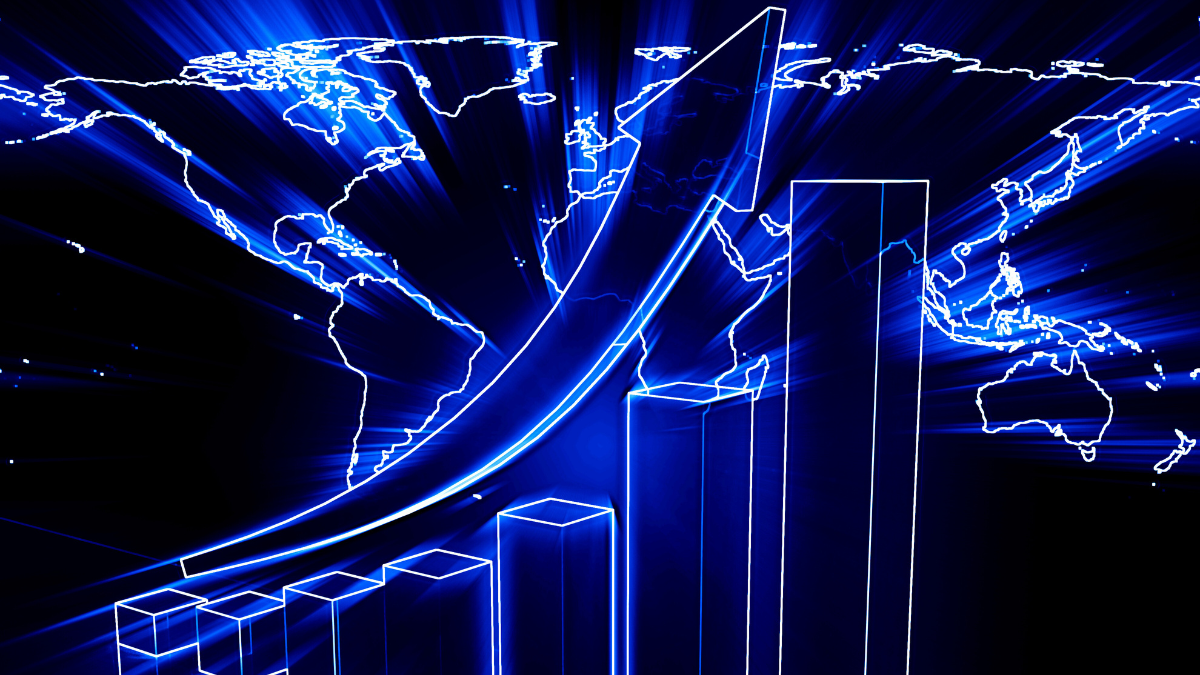0x12…qrst

The world stands at an inflection point — the power is shifting. Across industries, across borders, across entire economic structures, the centralized systems that once dictated the flow of money, data, and decision-making are being challenged. The foundations of finance, commerce, and governance — built on trust in institutions — are now being rewritten in code. What was once controlled by a few is now open to many: decentralized, transparent, and permissionless. This is not just a financial shift; it’s an economic transformation.
Throughout history, economic revolutions have emerged from technological shifts. The industrial age gave rise to centralized production and corporate monopolies.
The digital age accelerated globalization but deepened reliance on financial middlemen, regulators, and gatekeepers. Now, the decentralized economy is emerging — not as an alternative, but as an inevitability.
Peer-to-peer systems are replacing centralized banks. Code is enforcing contracts instead of legal intermediaries. Communities are funding projects without venture capitalists.
Governance is moving from boardrooms to blockchain-verified votes. Every aspect of economic participation is being redefined by technology that removes the need for permission.
At the very heart of this shift is the ability of individuals, businesses, and institutions to engage in economic activity without intermediaries. Decentralized finance (DeFi) has already proven that banking can function without banks.
DAOs (Decentralized Autonomous Organizations) have shown that governance can exist without bureaucracies. Blockchain-based identities are eliminating the need for third-party verification. And with tokenized assets, even ownership itself is being democratized.
This is an economy where no single entity holds the keys, where trust is distributed across networks rather than concentrated in institutions. It is an economy designed for participation, not permission — where value flows freely, unshackled from legacy constraints.
Yet, as with all revolutions, the decentralized economy faces obstacles. Regulation is an evolving battleground, and traditional institutions will not relinquish control easily.
Security risks, scalability concerns, and the challenge of mass adoption remain critical hurdles. But history shows that when a system offers greater efficiency, inclusivity, and freedom, resistance only delays the inevitable.
We are entering an era where economies are built from the ground up, not dictated from the top down. Where businesses operate on transparent, automated agreements.
Where communities fund, govern, and sustain themselves. The decentralized economy is not a theory as it is unfolding in real time, reimagining the structures we once took for granted.
The rules of economic power are being rewritten. The question is no longer if decentralization will reshape the global economy—it’s how fast and who will adapt.
The future belongs to those who recognize that control is shifting and with it, the way we build, trade, and thrive.